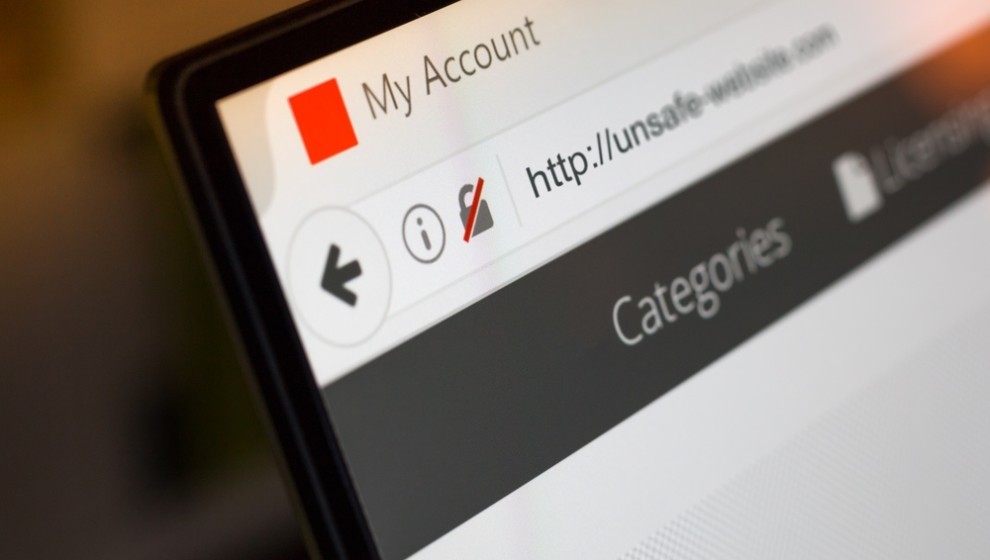
Aimee Sanderson, digital content strategist at Boost & Co member, Bespoke | Digital Agency looks at how an SSL certificate is increasingly a must-have for any business with a web presence.
This year Google have put a huge focus on security measures including SSL Certificates. If your website doesn’t have a Security Certificate, certain browsers will warn visitors that the website they are using may be insecure. Recently, Google have started to roll out tighter security requirements that focus heavily on:
The requirements are part of Google’s mandatory Certificate Transparency rule for their Chrome browser. With any website, an SSL certificate can be the ultimate deciding factor on whether or not visitors decide to spend and share their information with you.
Most internet users already see security as a big threat when buying or giving details online, so nobody wants to share their confidential details with a website that’s been flagged as ‘insecure’.
SSL stands for ‘Security Sockets Layer’ which is a digital certificate which provides protection and further proves that your website is protected and secure. It establishes a safe, secure connection between the web visitor's browser and your website, ensuring all sensitive data is encrypted and protected from fraudulent activity.
It’s very easy to see whether your website has an SSL certificate or not. Where websites do have this security layer, you will see the green padlock in the search bar and the URL will start ‘https://’, where the ‘s’ stands for secure. [caption id="attachment_2488" align="alignleft" width="362"]![]() Example of a site secured with SSL[/caption] Websites without an SSL certificate will have a broken padlock symbol or none at all and flag up warning your customer that the website is either insecure or not trusted. The URL will instead start ‘https://’, noticeably missing the ‘s’.
Example of a site secured with SSL[/caption] Websites without an SSL certificate will have a broken padlock symbol or none at all and flag up warning your customer that the website is either insecure or not trusted. The URL will instead start ‘https://’, noticeably missing the ‘s’.
A flagged-up warning that your website cannot be trusted with personal or card details is hardly how you intend to welcome potential clients or customers. If your website cannot reassure them of your credibility, you’ll see less traffic to your website and more people dropping away from your site when it comes to entering personal, business or card details. In an age where internet users - like you and I - are increasingly savvy to the digital world, you can’t afford not having an SSL certificate for your website.
If you’re still not convinced, Google are also rewarding websites that adhere to their new criteria by boosting them up the SEO rankings. That’s right, playing by Google’s rules is not only going to establish trust with your customers, but also help you to climb the search results in doing so.
If you want to add an SSL certificate to your website then you’ll need to speak with your developers to buy and install the certificate. SSL certificates are renewable annually or every two years depending on which one you opt for.




The website uses cookies.
Some are used for statistical purposes and others are set up by third party services. By clicking 'Accept all & close', you accept the use of cookies. For more information on how we use and manage cookies, please read our Cookie Policy.